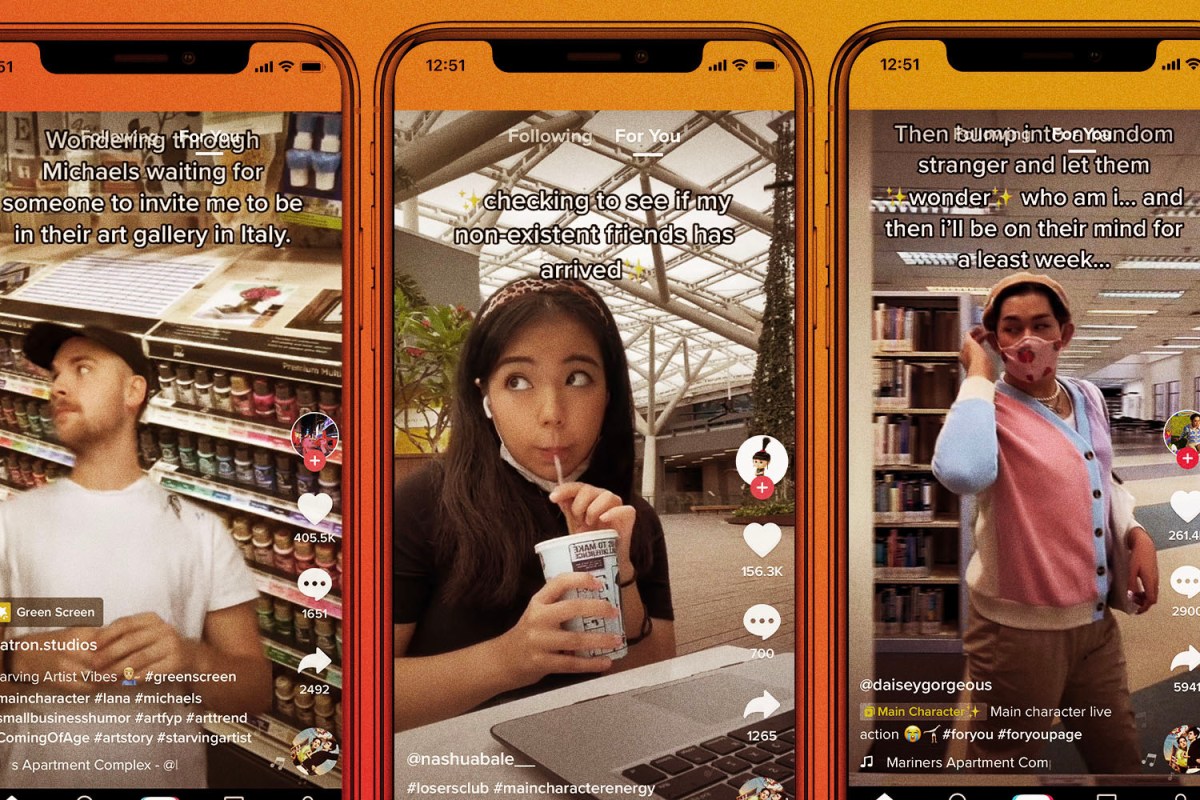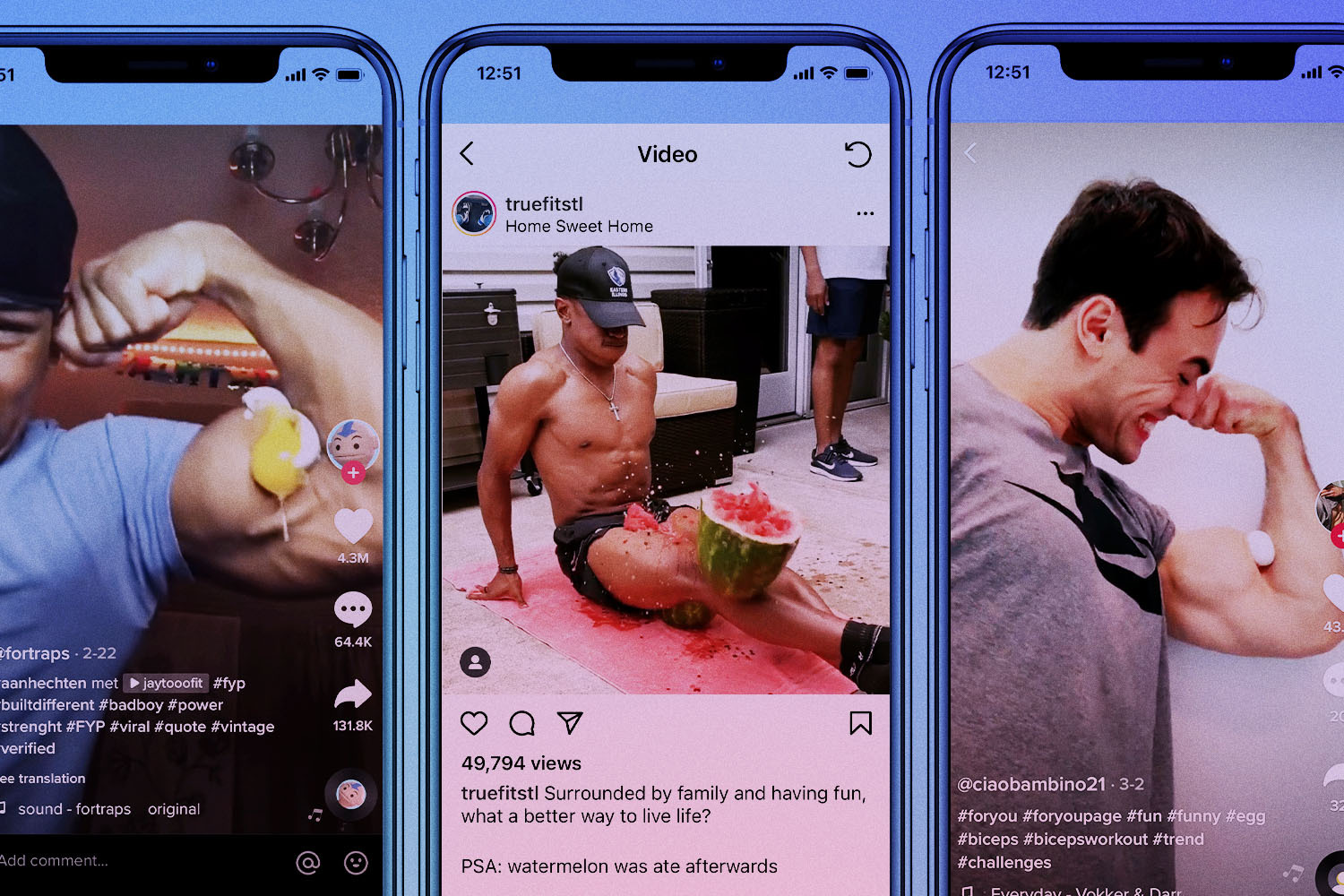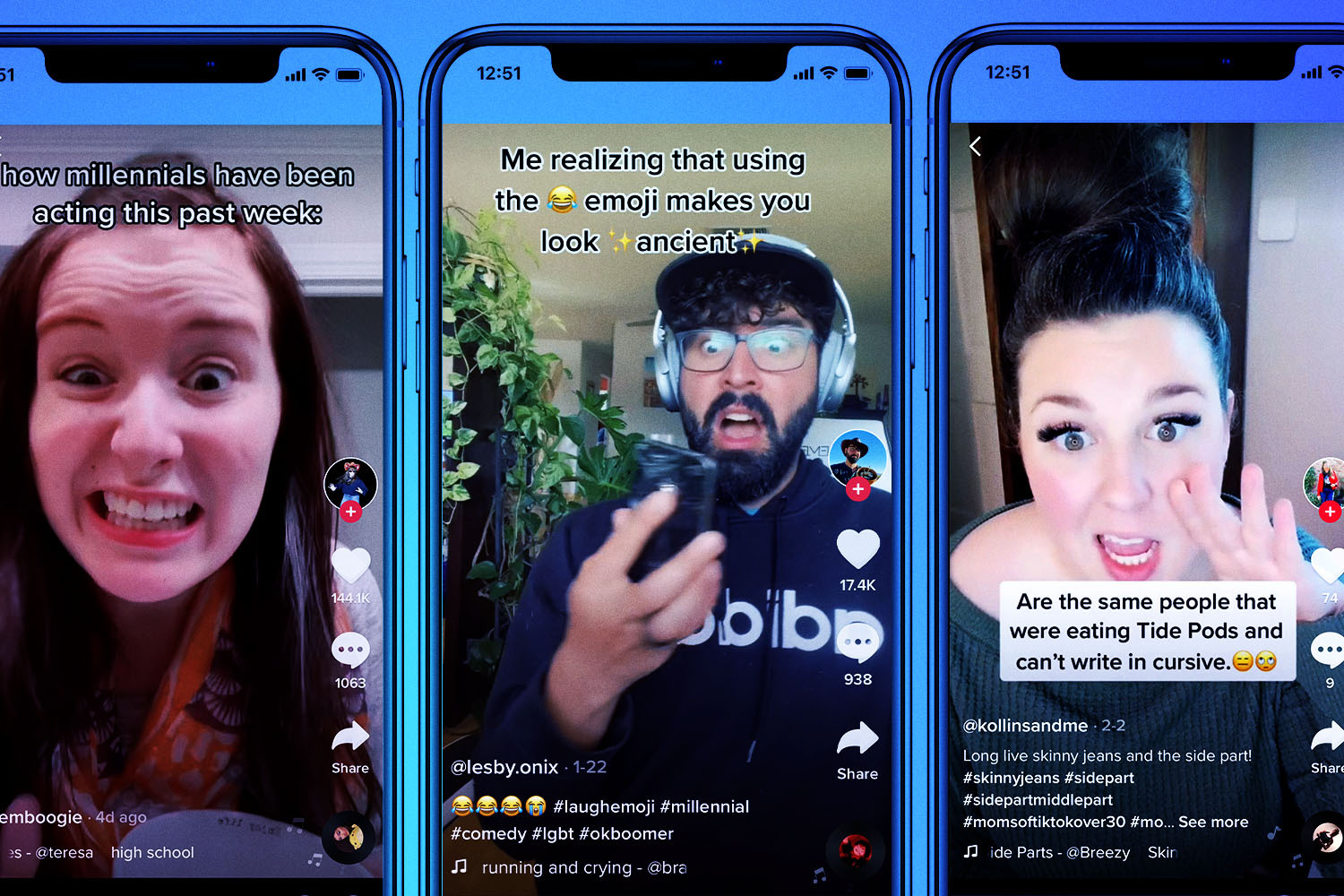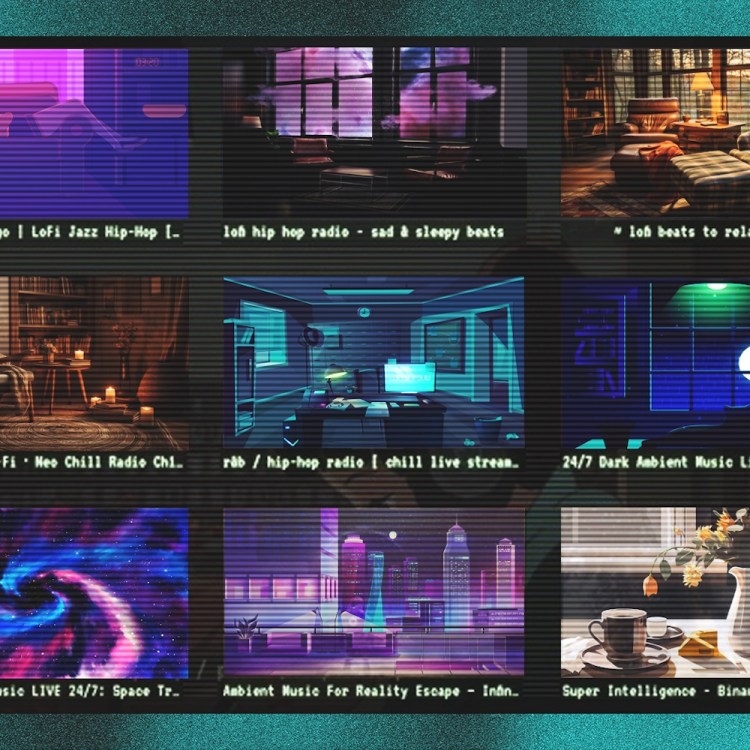You’re sitting in a coffee shop. Lana Del Rey’s “Mariner’s Apartment Complex” plays softly in the background. You’re sipping your coffee, typing on your laptop and trying your best to look busy. You can feel the eyes of everyone around you. They’re thinking, “Wow, that person looks so interesting and cool, also incredibly gorgeous. I can’t tell if I want to be them or sleep with them.”
You made that last part up. And that’s ok. There’s even a name for what you just did. It’s a phenomenon commonly referred to as “Main Character Syndrome” or “Protagonist Syndrome,” and Gen-Zers, in particular, have leaned into it pretty hard.
“Protagonist Syndrome is when we think our life is like a movie or book, and we are the main character that the story revolves around,” Dr. Patricia Celan, a psychiatry resident at Canada’s Dalhousie University, tells InsideHook.
In recent months, users on TikTok have made self-deprecating videos, poking fun at themselves for feeling like a protagonist while partaking in completely mundane activities. The hashtag #maincharacter currently has 5.2 billion views on the video-sharing app. These #maincharacter TikToks are often accompanied by Lana Del Rey’s sultry “Mariners Apartment Complex” and feature users reenacting the ways in which they pretend to be the star in a fictionalized story about their lives.
Studying at your university? Type intently on your computer to let everyone around you know what a productive and focused character you are.
“Accidentally” get paint on your white T-shirt and “forget” you left your paintbrush in your hat? You’re now living through the “Starving Artist” trope, and you’re wandering through Michaels craft store waiting to be discovered.
Self-deprecating thought it may be, crafting a would-be film script about your own life can actually be a good thing.
“Creating a personal narrative to explain our lives is actually healthy and helpful. Those who have experienced trauma, for example, benefit from trying to explain their suffering as part of an overarching life narrative. The point is to find meaning and logic in life’s experiences,” says Celan.
With a global pandemic that’s prevented most social interaction for over a year now, it makes sense that bored teenagers might juice up their terribly boring lives by pretending to live through movie clichés. Even more, the COVID-19 pandemic has completely disrupted the lives of young people, and studies have shown it’s taking a major toll on their mental health. Over the past year, Gen-Zers have missed out on major life events like prom and graduation. College graduates entered into a chaotic, unstable job market, and for those still in school, increased workloads during the pandemic have caused students to feel stressed, exhausted and disconnected. It’s been an extremely shitty coming-of-age story for many, and young people romanticizing the day-to-day could very well be a coping mechanism and an escape from our current, wildly unromantic hellscape.
There’s nothing particularly dangerous about envisioning yourself living out an imagined storyline unless that story starts to get dark. “The only way Main Character Syndrome could ever become problematic is if people decide they are the main character in a sinister plotline and they need to harm themselves or others in the story of their life,” says Celan.
But really, feeling mysterious and beautiful in a public library while you browse the shelves and attempt to make eye contact with a potential love interest between the spaces can feel like a form of self-care, even if those meet cutes only come to fruition in your head.
This article was featured in the InsideHook newsletter. Sign up now.























